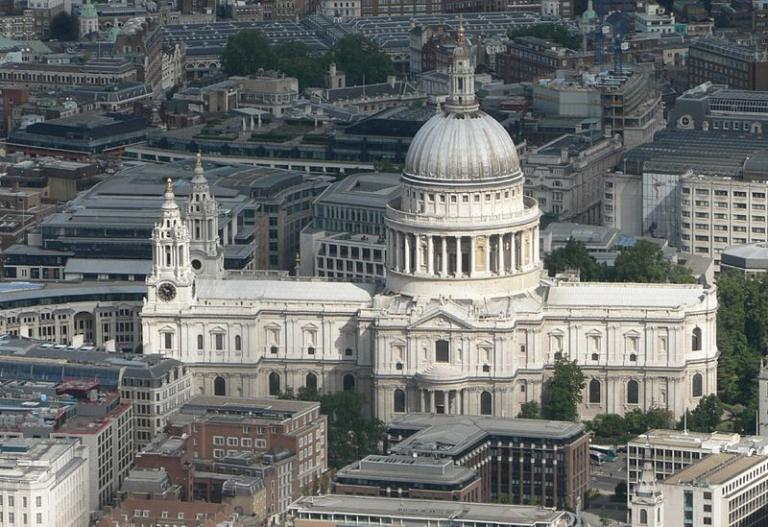
(Wikimedia Commons public domain image)
Gemli wonders why anyone cares what people from the 17th century thought about this or that religion. Most were busy dying young of pneumonia and poor sanitation. If they had such great minds, perhaps instead of wasting time thinking about invisible sky spirits they might have investigated the real world that was killing them due to their ignorance.
That’s this board’s amusing resident atheist, “gemli,” speaking of himself, in the third person.
I was struck, when I read gemli’s comment, at his choice of the seventeenth century as a parade example of a period when, instead of “investigating the real world,” all them theists wuz “wasting time thinking about invisible sky spirits.” Two characteristic features of gemli’s thinking are (a) his ignorance of, and disdain for, history and (b) his insistence that theism and science are incompatible rivals. Both of those features are on clear display in the comment above.
Please meet the actual seventeenth century, though. It was genuinely quite religious and, accordingly, gemli imagines that its residents were so preoccupied with “wasting time thinking about invisible sky spirits” that they had neither time nor energy left over to “investigate the real world.” Here are some highlights:
1600 — William Gilbert discovers earth’s magnetic field.
1608 — earliest mention of an optical telescope
1609 — Johannes Kepler formulates the first two laws of planetary motion
1610 — Galileo Galilei publishes his first astronomical observations in the Sidereus Nuncius (“Starry Messenger”)
1614 — John Napier introduces the use of logarithms for calculation
1619 — Johannes Kepler formulates the third law of planetary motion
1619 – René Descartes creates the Cartesian coordinate system and, thus, analytic geometry
1620 — the first compound microscopes appear in Europe
1628 — William Harvey discovers the circulation of blood
1638 — Galileo Galilei formulates the laws of a falling body
1646 — Sir Thomas Browne coins the word electricity, based upon William Gilbert’s work
1654 — Blaise Pascal and Pierre de Fermat create the theory of probability
1660 — first meeting of the Royal Society
1662 — Robert Boyle formulates his law of ideal gas
1662 — Blaise Pascal dies at thirty-nine, having done pioneering work on calculating machines, probability theory, projective geometry, the theory of fluids, vacuums, and pressure
1665 — the first peer-reviewed scientific journal, Philosophical Transactions of the Royal Society, appears
1665 — Robert Hooke discovers the cell
1668 — Francesco Redi disproves the idea of spontaneous generation
1669 — Nicholas Steno proposes that fossils are organic remains embedded in layers of sediment, thus establishing the science of stratigraphy
1672 — Isaac Newton discovers that white light is actually composed of a spectrum of colored rays
1675 — Anton van Leeuwenhoek observes microorganisms by means of a microscope
1675 — Isaac Newton and Gottfried Leibniz develop the infinitesimal calculus and its system of mathematical notation
1675 — Gottfried Leibniz develops the binary number system
1676 — Ole Rømer achieves the first measurement of the speed of light
1680s — Gottfried Leibniz works on symbolic logic
1687 — Isaac Newton formulates the laws of motion and the law of universal gravity, laying the foundation of modern physics
1691 — Gottfried Leibniz discovers the technique of separation of variables for ordinary differential equations
1693 — Edmund Halley creates the first mortality tables that statistically relate death rate to age
Most specialist historians, if asked about the birth of modern science, place it in, precisely, the seventeenth century — a time when, according to gemli, theistic obscurantists were so busy “wasting time thinking about invisible sky spirits” that they couldn’t be bothered with “investigating the real world.”
Posted from Seaside, Oregon












